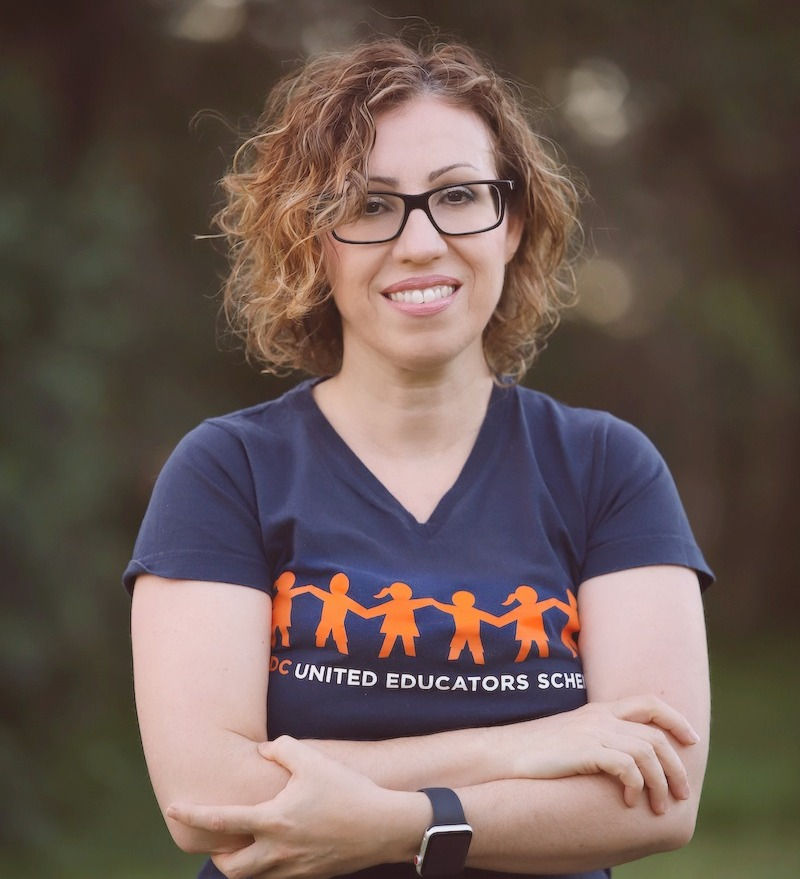Play based learning - What does it mean?
- Rosa Dal Bosco

- May 11, 2021
- 3 min read
One of the things educators seek to build in their environment is opportunities for children to learn through play. Play allows children to explore, discover, take risks and problem solve. By allowing children to play we are enabling them to socialise, negotiate, develop fine and gross motor skills and think creatively.
The role of the educator is to observe your child each day and add items to the environment that support your child to develop these skills further. Play should never be interrupted as when a child is immersed in play is when the magic happens. Whilst being engaged in play a child will forget their surroundings and be totally comfortable to take risks, experiment with ideas and test boundaries.
Let me explain using an example, a child will find it difficult to learn early literacy concepts if we are telling them what to learn and do. When we incorporate literacy in the play environment we are exposing the child to these ideas without forcing them upon the child. A simple way of doing this is to start with setting up a shop play environment (either indoors or outdoors). A variety of pretend or real fruits and vegetables can be added and a sign indicating “Open”. Let’s now observe the learning that is taking place in this play scenario:
“Play is the highest form of research” - Albert Einstein.

Social Emotional development
Children acquire this via role play. When children role play and act out scenarios they are exploring the possibilities of their actions in the real world via imaginative play. Children learn to cooperate, play together, take turns and even resolve conflict. When children play with others they establish a sense of self, make decisions which in turn empower them to become confident learners.
Cognitive Development
Adding to this play set up timber blocks or tree slices will encourage children to use their imagination. These blocks may symbolise a plate to put the fruit on for eating. During this play they will use language to communicate and act out the role play, extending their language and storytelling skills. Being exposed to the sign reading ‘Open’ will enable the child to be exposed to written language. These type of symbols in play help children to be able to understand that letters convey meaning. We can stimulate early mathematical concepts by encouraging children to count each fruit as they place it in the bag or basket.
Physical development
Children use their fine motor muscles to pick up the fruit, and hand eye coordination to move it from one area to another. When children concentrate to carefully place the items in the basket and carry them they are engaging gross motor muscles. How do I know that the educator is providing a quality play based program for my child? • A quality play based program will incorporate the child’s natural interest into the routine. • The educator will provide a variety of play spaces such as dramatic play, block area, sensory, art and craft opportunities as well as gross motor play. • Child have access to all resources, play experiences and can move between the areas freely. • The educator allows children ample time to investigate ideas, practice and master skills both independently and in groups by giving children extended periods of time without interruption. Most importantly, the educator extends and scaffolds on the child’s interests, reflects and builds on the play ensuring that when it comes time for the child to transition to school they have grown into ready, capable and confident learners.
.png)



Comments